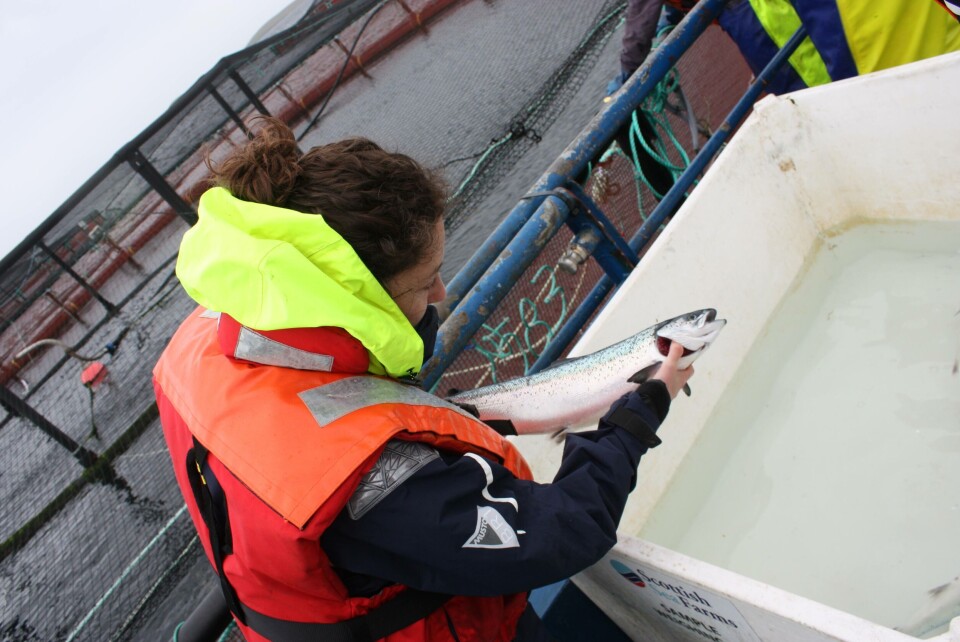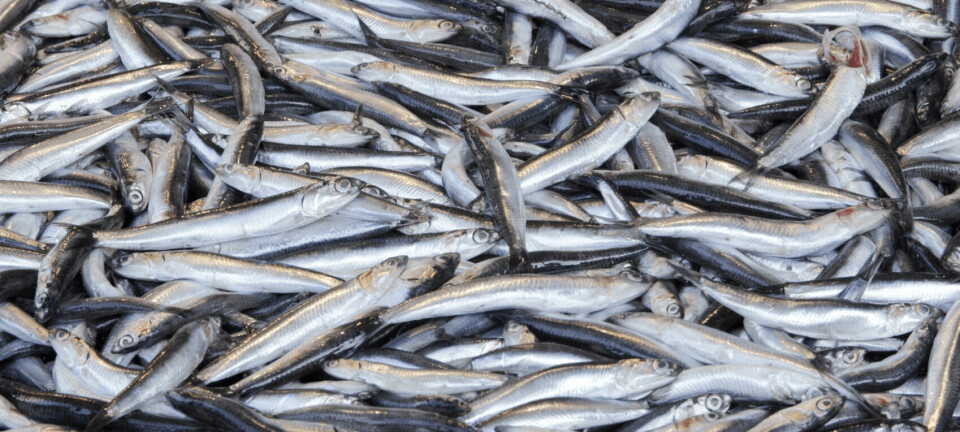
Sepa orders sea lice medicine review
All Scottish fish farms are to have licences permitting the use of the sea louse medicine Slice reviewed by the Scottish Environment Protection Agency (Sepa), after a study found it may have affected crustaceans in the seabed.
The review follows a Scottish Aquaculture Research Forum environmental study into the use of Slice, which has the active ingredient emamectin benzoate.
A spokesman for Sepa said: “The study, completed last August, confirmed a subtle but detectable, and unexpected, association between impacts on the marine environment and the use of Slice, where very low concentrations of the medicine may have affected crustaceans in the seabed. Based on this new evidence, Sepa is reviewing all fish farm licences permitting the use of Slice, tightening conditions for the medicine’s use after discussions with the Veterinary Medicines Directorate.
“We are now beginning the issuing of these new licences and this will be completed by the end of April. This restriction will remain in place while Sepa and the industry carry out further research to either confirm or confound the apparent link between Slice use and possible environmental effects.
“We are also now considering the findings of a review we commissioned of the environmental quality standards for Slice to ensure they are up to date and provide adequate environmental protection. In this way, the impacts of sea louse medicines are monitored by Sepa on an ongoing basis, and corrective regulatory actions taken where necessary.
“As part of our sector approach, we will continue to encourage and support efforts to develop and implement alternative sea louse treatments.”
Industry reaction
Grant Cumming, managing director of Grieg Seafood Shetland, told fishfarmingexpert.com: "Further restrictions placed upon medicine usage will make it more difficult for us to control sea lice but equally we do not wish to have unintended impacts on non-target species. We therefore understand why SEPA are making these changes. We will continue to explore alternative non-medicinal treatments to reduce our dependence on traditional medicines."




















































